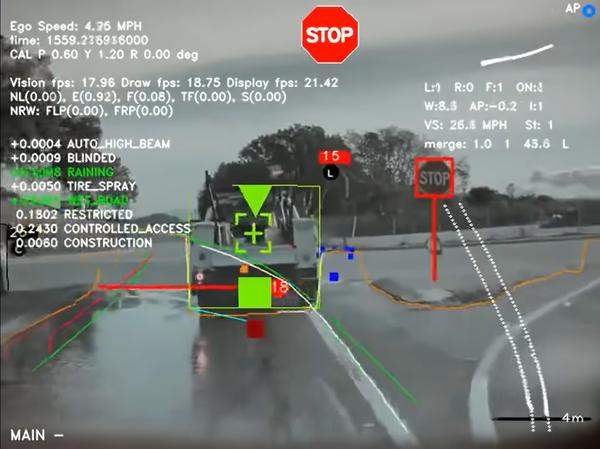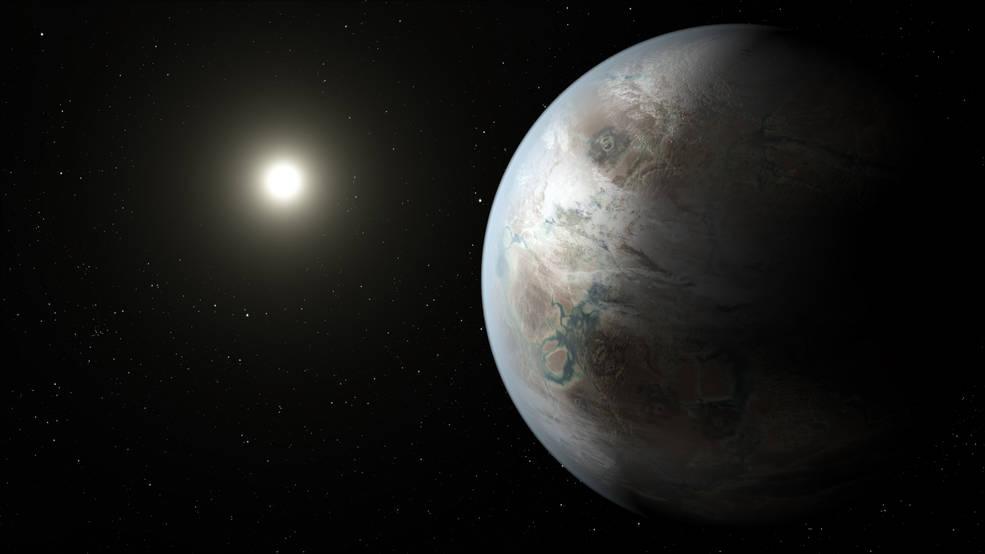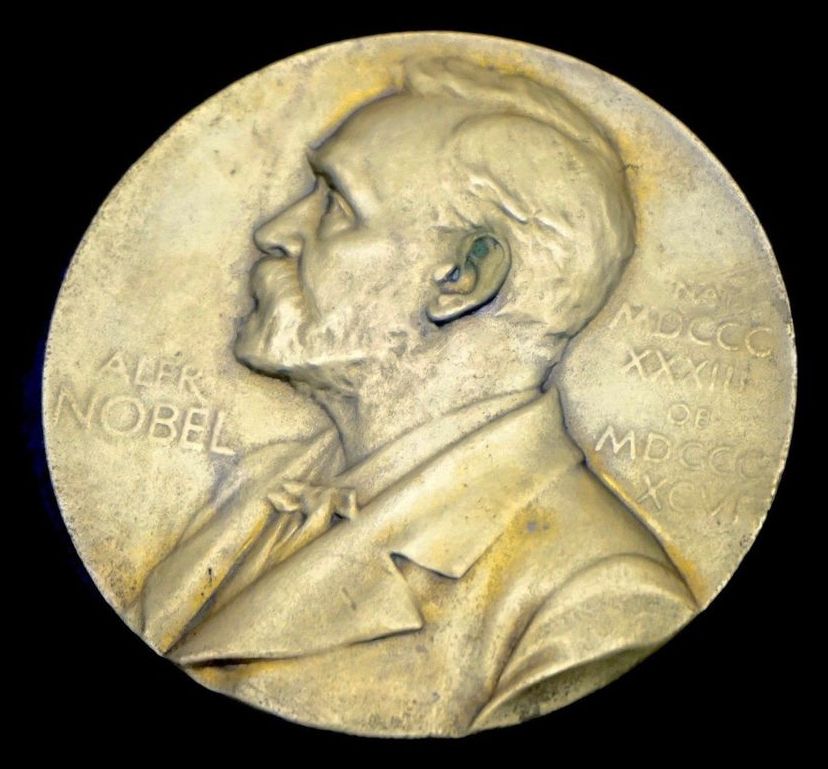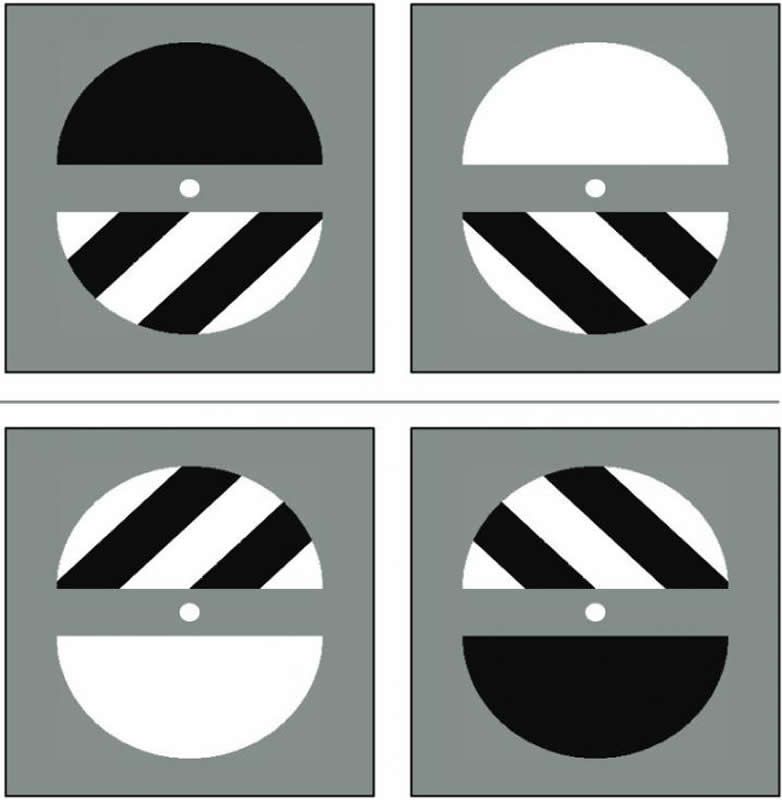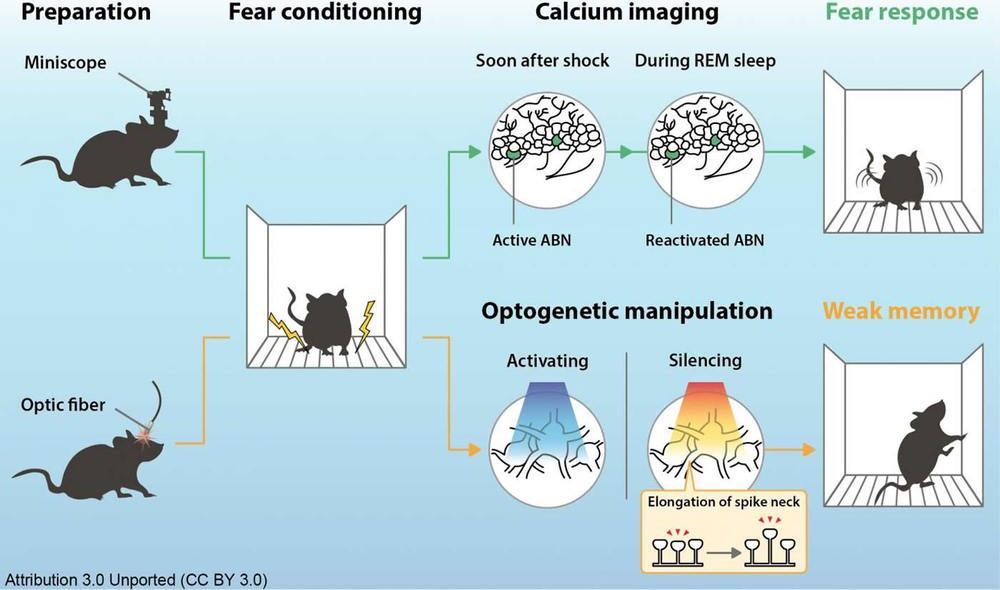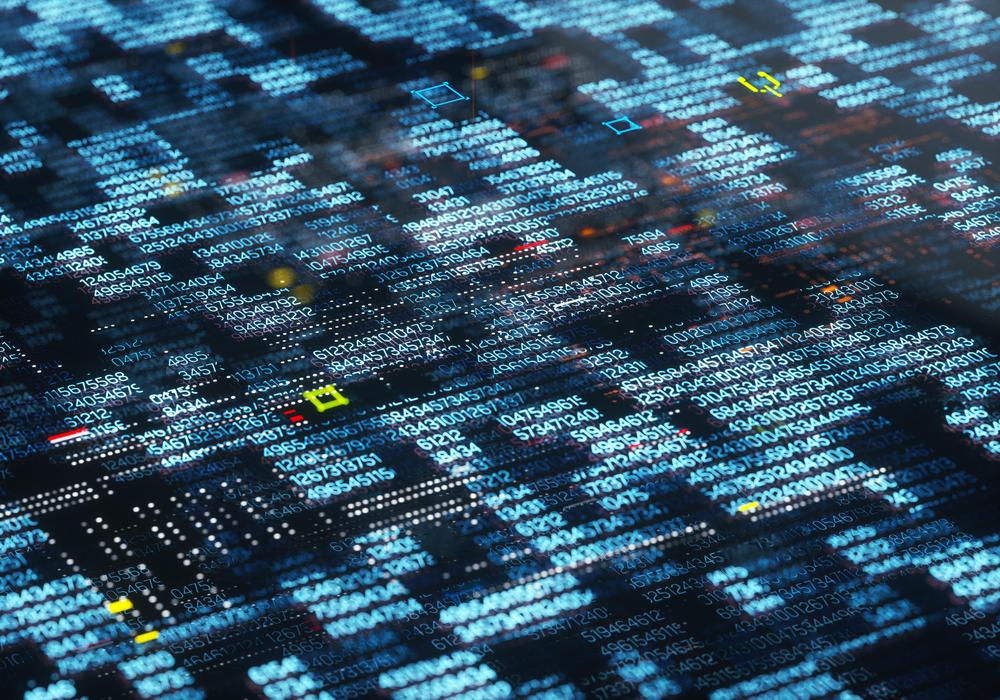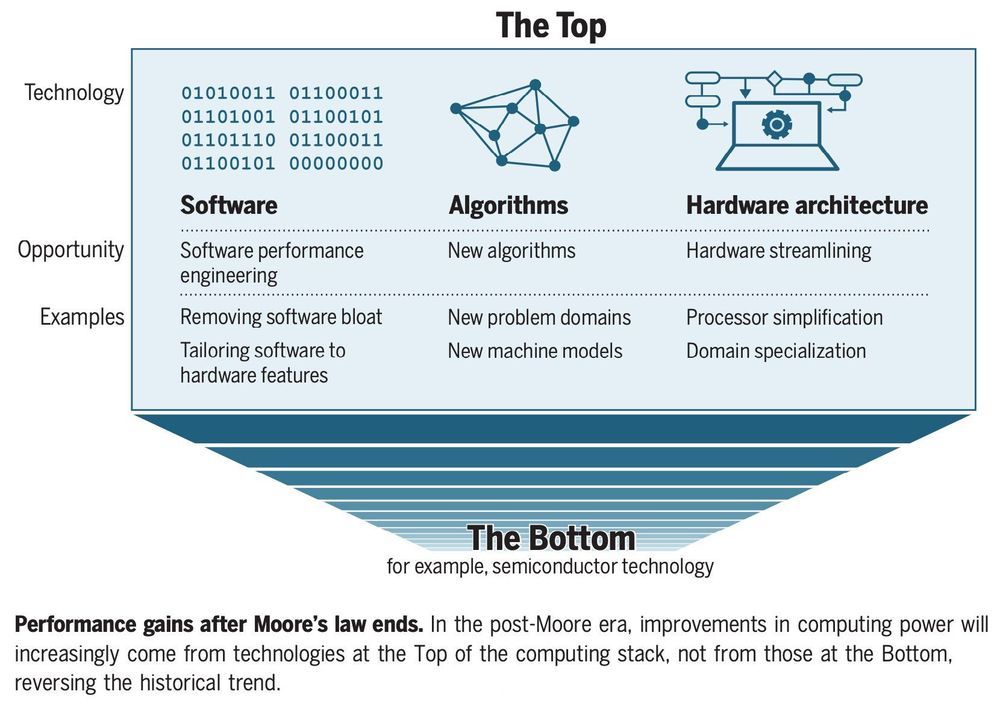
In 1965, Intel co-founder Gordon Moore predicted that the number of transistors that could fit on a computer chip would grow exponentially —- and they did, doubling about every two years. For half a century Moore’s Law has endured: computers have gotten smaller, faster, cheaper and more efficient, enabling the rapid worldwide adoption of PCs, smartphones, high-speed Internet and more.
This miniaturization trend has led to silicon chips today that have almost unimaginably small circuitry. Transistors, the tiny switches that implement computer microprocessors, are so small that 1000 of them laid end-to-end are no wider than a human hair. For a long time, the smaller the transistors were, the faster they could switch.
But today, we’re approaching the limit of how small transistors can get. As a result, over the last decade researchers have been scratching their heads to find other ways to improve performance so that the computer industry can continue to innovate.
